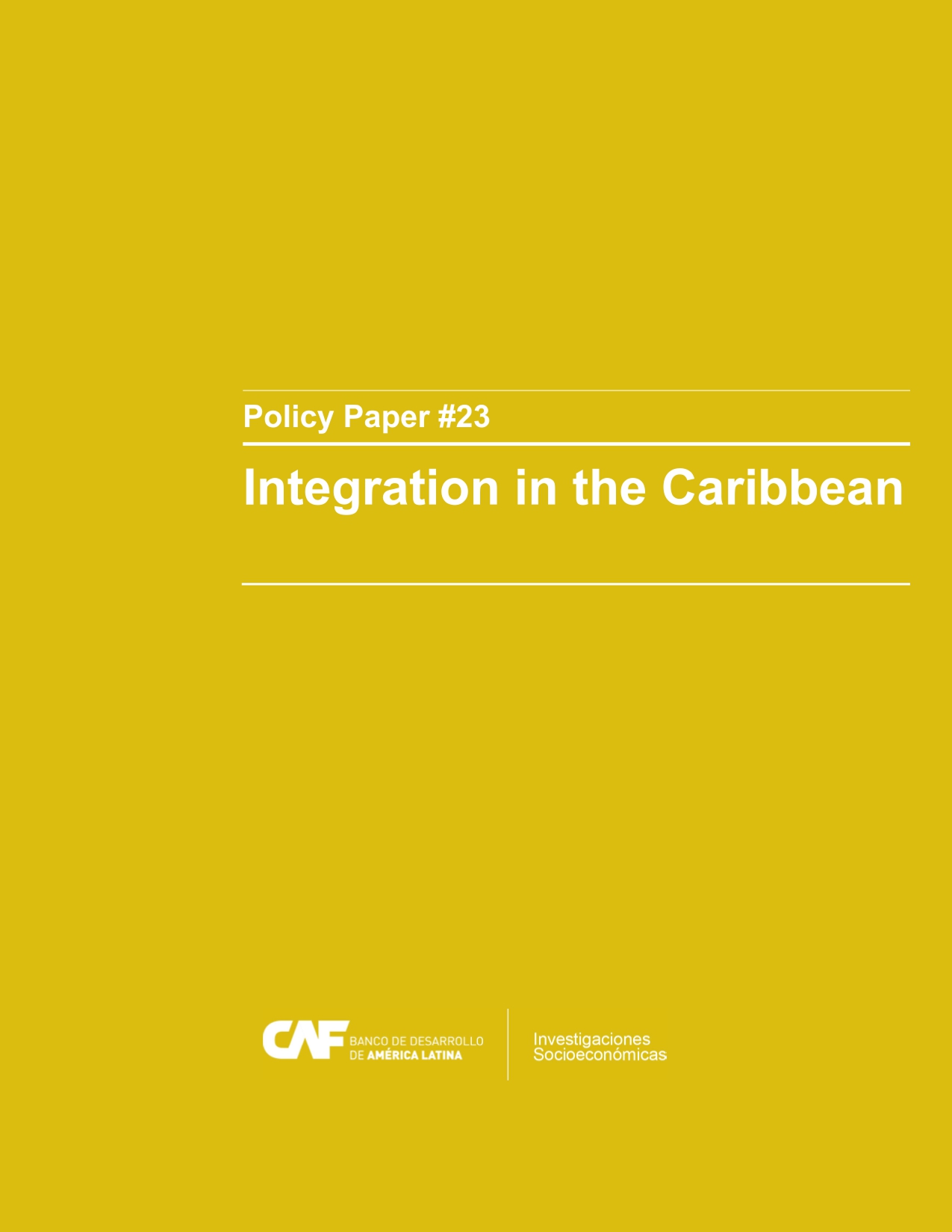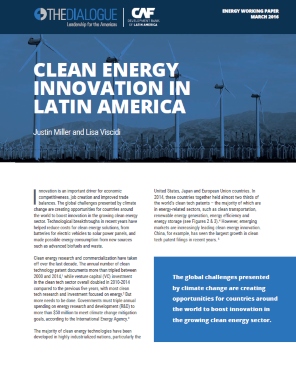Mostrar el registro sencillo del ítem
Reorganization of Global Value Chains: Are There Opportunities for Brazil?
| dc.contributor.author | Reis, José Guilherme | |
| dc.contributor.author | Rios, Sandra | |
| dc.contributor.author | Fernandes, José Augusto C. | |
| dc.contributor.author | da Motta Veiga, Pedro | |
| dc.coverage.spatial | Brasil | es_ES |
| dc.date.accessioned | 2024-04-22T16:18:40Z | |
| dc.date.available | 2024-04-22T16:18:40Z | |
| dc.date.issued | 2024-04-22 | |
| dc.identifier.citation | Reis, J. G., Rios, S., Fernandes, J. A. C., & da Motta Veiga, P. (2024, April 22). Policy Paper #25 - Reorganization of global value chains: Are there opportunities for brazil? Distrito Capital. Retrieved from https://scioteca.caf.com/handle/123456789/2227 | en_GB |
| dc.identifier.uri | https://scioteca.caf.com/handle/123456789/2227 | |
| dc.description.tableofcontents | Recent political, health, environmental, and economic disruptions are expected to lead to significant changes in current global value chain (GVC) trade arrangements. In this paper, we focus on Brazil as a potential new location for industrial plants and services activities in the context of a reshaping of the global value chains architecture. We explore hard data as well as qualitative information obtained through interviews with CEOs and managers of firms established in Brazil in several sectors. The results of the analysis suggest that the permanence of high trade costs faced by firms makes it very difficult to think of Brazil as an immediate option for the relocation of industrial segments of GVCs. However, the ongoing changes in the productive processes throughout the world, chiefly among them the transition to a low carbon economy and secondarily the huge technological changes led by digitization, offer a unique opportunity for the country. In particular, the country’s comparative advantages in natural resources and the clean energy matrix may position Brazil as a desired location for firms in search of a clean, secure, and affordable supply of energy. To benefit from these transitions, however, Brazil needs to put in place reforms and policy actions to remove some key obstacles. Some of these actions involve the energy sector, addressing the distortions in the regulatory framework and in the formation of energy tariffs and the overlapping of institutional functions. Finally, a key element of the policy agenda is the reduction of trade costs and the high level of protectionism still adopted in Brazil. | es_ES |
| dc.language.iso | en | es_ES |
| dc.rights | CC-BY-NC-ND | es_ES |
| dc.rights.uri | http://creativecommons.org/licenses/by-nc-nd/4.0/ | es_ES |
| dc.subject | Banca de desarrollo | es_ES |
| dc.subject | Comercio internacional | es_ES |
| dc.subject | Desarrollo | es_ES |
| dc.subject | Emprendimiento | es_ES |
| dc.subject | Globalización | es_ES |
| dc.subject | Políticas públicas | es_ES |
| dc.title | Reorganization of Global Value Chains: Are There Opportunities for Brazil? | es_ES |
| dc.type | workingPaper | es_ES |
| dc.publisher.city | Distrito Capital | es_ES |
Ficheros en el ítem
Este ítem aparece en la(s) siguiente(s) colección(ones)
-
6.5 Documentos de trabajo en políticas públicas
En esta colección se encuentran documentos de trabajo sobre temas de políticas públicas prioritarios para la región.





